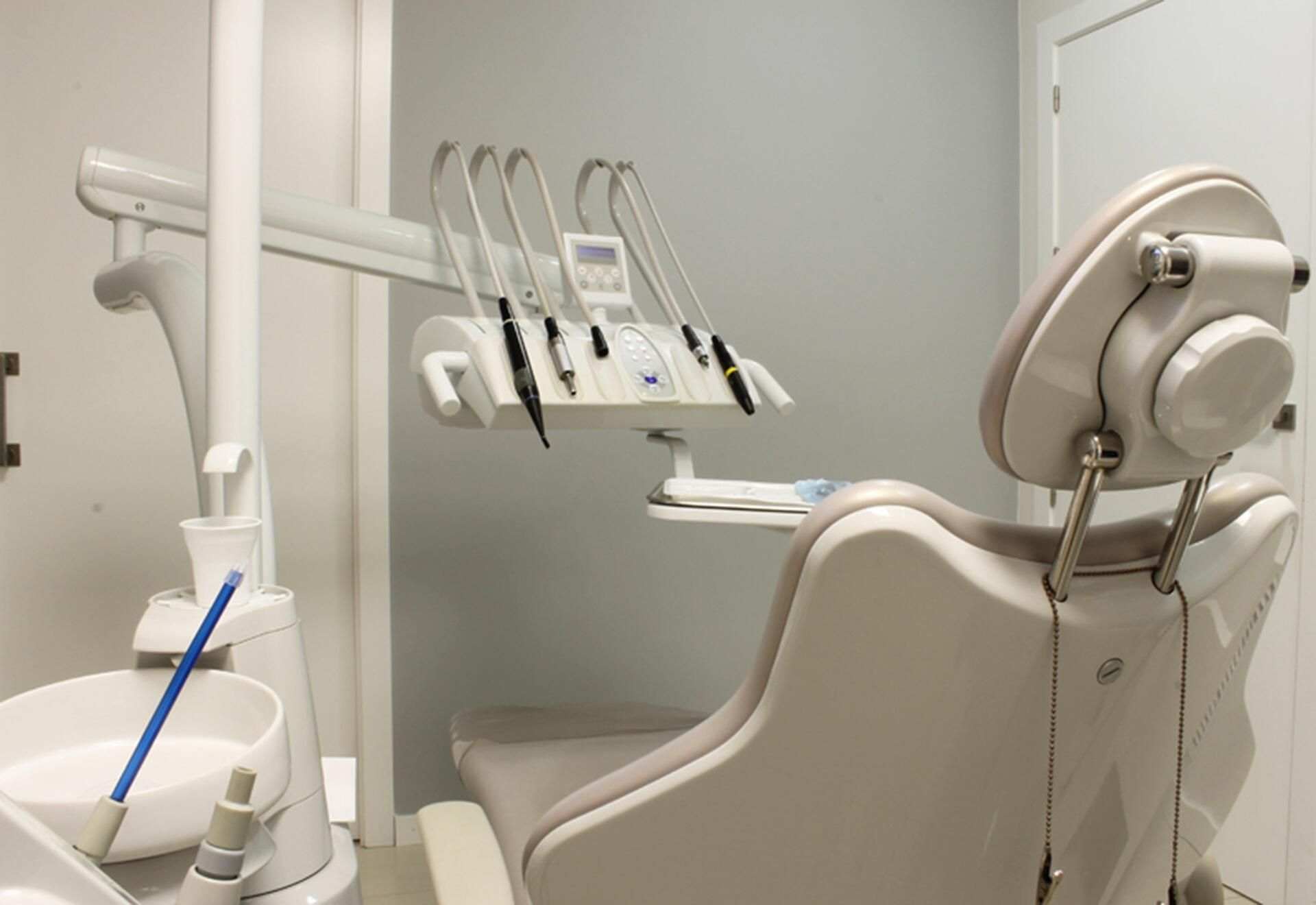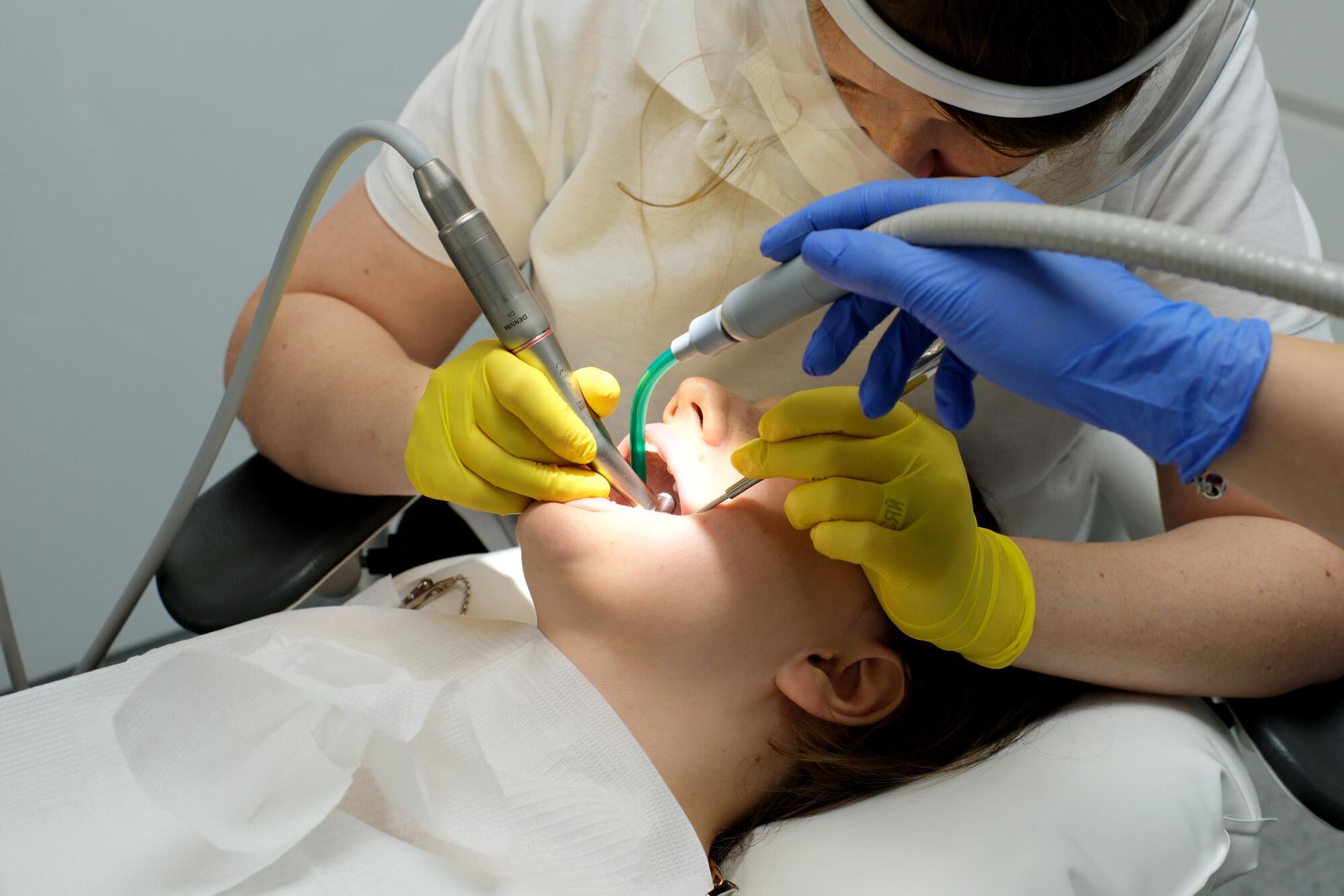5 Dental Options for Missing Teeth
Over a quarter of adults ages 65 and up have eight or fewer teeth. However, many patients only consider dentures as their tooth replacement option. If you're missing one or more teeth, there are multiple dental options available.
Read on to discover five tooth replacement options you can discuss with your dentist. With their help, you can choose a treatment that best aligns with your oral health goals. Restore your smile today!
1. Dental Implants
Dental implants can restore a missing tooth's functionality and appearance. During the procedure, a surgeon will surgically implant a titanium post into your jaw. The post will serve as the artificial tooth root.
The implant will stimulate your jawbone, allowing you to avoid jawbone loss. Otherwise, the jawbone will lack stimulation. Without stimulation, you can lose bone mass, which can lead to facial changes.
Over a few months, your jawbone will grow around the implant. This process, osseointegration, secures the implant to ensure stability. Osseointegration can take between three to six months.
You won't have to worry about the implant shifting when you speak or chew. Instead, you can function as you normally would.
Your dentist will place an abutment atop the implant. The abutment will hold the dental crown. The crown will look like one of your natural teeth.
There are two main types of dental implants: endosteal and subperiosteal. Endosteal implants are surgically placed into the jawbone.
If your jawbone isn't healthy enough to support the implant, your dentist may recommend subperiosteal implants. These implants rest atop the jaw.
The benefits of dental implants include:
- Appearance and functionality of real teeth
- Prevent jaw bone loss
- Don't impact adjacent teeth
- Durability
However, you will require surgery for this tooth replacement procedure. Recovery and healing time may take up to six months. Treatment is usually more expensive than short-term removable tooth replacement options.
Longevity
Dental implants can offer stability and longevity. You can extend the implant's lifespan by improving your oral health. Make sure to brush and floss daily.
Dental implants are designed as a permanent treatment option. They have a 95% success rate and can last over 10 years. However, a dental implant could fail due to:
- Insufficient care and maintenance
- Smoking
- Teeth grinding (bruxism)
- Medical conditions
- Medications or treatments
Medical conditions that can affect the implant's longevity include bleeding disorders, osteoporosis, and diabetes. Cardiovascular disorders (congestive heart failure, high blood pressure, and atherosclerosis) could cause dental implant failure.
2. All-on-4 Dental Implants
All-on-4 (or full-mouth) dental implants are ideal if you've lost all of your teeth in your upper or lower jaw. This is an ideal alternative to false teeth or dentures.
During the procedure, your dentist will place four titanium implants into your jaw. They'll place a tooth bridge of up to 12 teeth atop it.
This treatment option provides effective, long-lasting, and natural-looking results. It can restore the functionality and appearance of your teeth.
Your dentist can place the bridge two or three days after your surgery. You won't have to wait long to restore your smile.
Your implants will last a lifetime with proper care. However, this treatment is more expensive than other tooth replacement procedures. You will require surgery and a few months to heal.
In some cases, your dentist will need to remove your existing teeth to make space for the implant. This procedure isn't ideal for all patients. Schedule a consultation appointment to determine if you're an ideal candidate for treatment.
3. Removable Partial Dentures
If you're looking for a removable tooth placement option, consider dentures. You can remove your partial dentures yourself to clean them.
Dentures are a less expensive treatment option than other alternatives. Some detachable partial dentures can work alongside each other. They usually have an acrylic foundation, though they may feature stainless steel framework.
The framework will ensure they're structurally sound. Some dentures are fitted with metal clasps to keep them in position.
Dentures are the most affordable option for missing teeth. They won't require surgery or a recovery period. They're easy to clean and repair if they sustain damage.
Dentures can sometimes slide when you chew and speak. They may cause discomfort.
They're not a long-term solution to missing teeth. You may need to replace them every five to 10 years.
4. Implant-Supported Bridges
If you have a few missing teeth within a row, your dentist may recommend implant-supported bridges. During the procedure, your dentist will insert two or more implants into your jawbone. They'll place the implants on either end of the row of missing teeth.
These implants will secure a tooth bridge in place. The bridge will replace multiple missing teeth.
The benefits of implant-supported bridges include:
- Restore appearance and functionality
- Prevent jaw bone loss
- No damage to neighboring teeth
- Long-lasting
- Durability
You will require surgery if you choose this tooth replacement option. In some cases, your dentist will need to remove existing teeth beforehand.
The recovery period can take up to six months. This treatment is more costly than temporary tooth replacement options.
5. Tooth-Supported Bridges
Your dentist may recommend tooth-supported bridges if you're missing multiple teeth. This option uses your existing teeth to support the placement of a bridge.
Your dentist will fit the supporting teeth with dental crowns. The crowns will secure the bridge into place.
The advantages of tooth-supported bridges include:
- No surgery is required
- Appearance and functionality
- Very little recovery/downtime
Your dentist may need to remove or file down your existing teeth for this procedure. The supporting teeth may experience damage over time.
Tooth particles can get stuck under your bridge. If you don't clean them away properly, your risk of an infection will increase. You could experience bone loss in the area where your tooth is missing.
Explore Your Dental Options for Missing Teeth
Missing teeth can affect the appearance of your smile and oral health. Instead of leaving a gap in your smile, talk to a professional about your dental options. They'll help you determine which tooth replacement procedure is right for you.
Our team at Bardmoor Family Dental has over 20 years of experience helping patients like you. We put the patient's needs before our own while maintaining a caring atmosphere.
We'll provide the treatment you need with care and compassion. Contact us to schedule your tooth replacement appointment.












